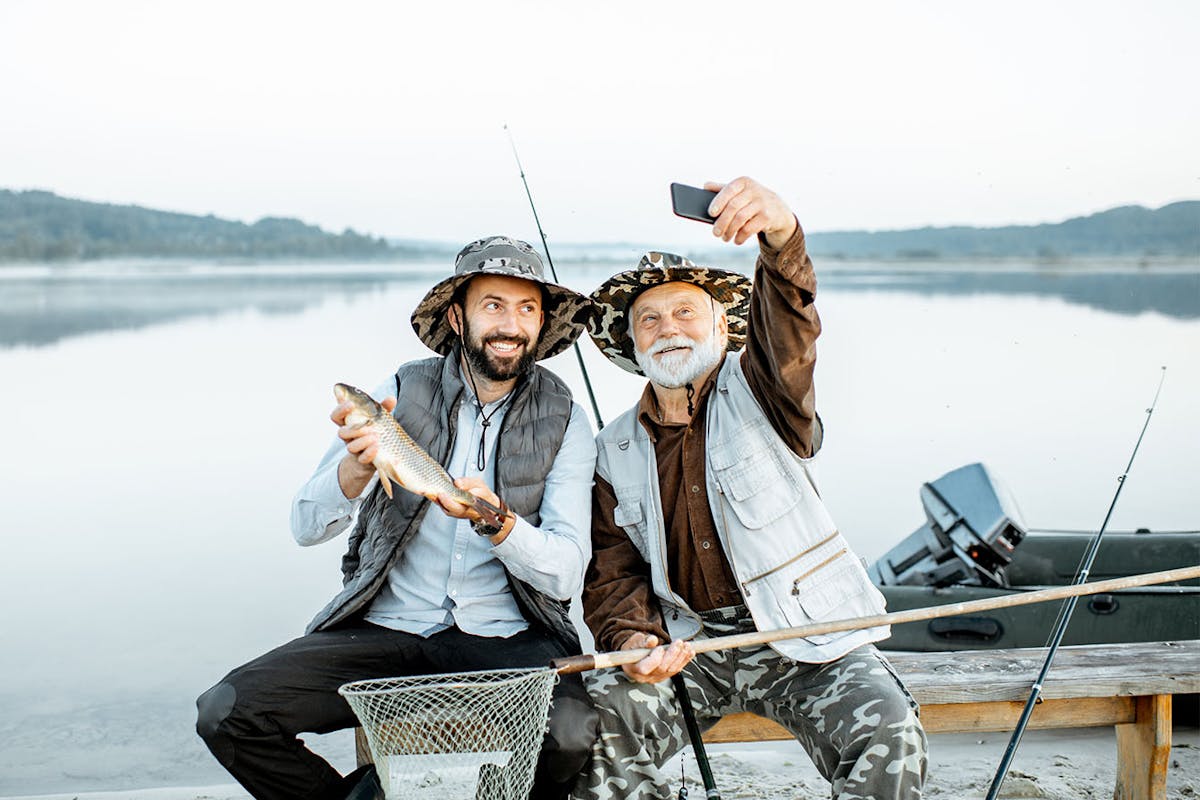Summer Dos and Don’ts to Share with an Aging Parent

Spending time outdoors in the sunshine and fresh air is something most of us look forward to all winter long. After being stuck indoors for months, it’s finally time to enjoy blue skies and warm days. But it’s essential to remember that summer presents older adults with a few safety issues, from allergies to skin cancer.
Here are a few dos and don’ts to share with your senior loved ones as we head into the heart of summer.
Summer Safety and the Older Adult
DO: Stay hydrated
As we age, the body doesn’t adjust to fluctuations in heat and humidity as easily. Some medications commonly prescribed to seniors, such as those for heart disease or chronic obstructive pulmonary disease, also contribute to dehydration.
Remind your older family members how essential it is to drink water and consume foods with a high water content. Unless your senior’s physician has restricted fluid intake, the general guideline is to drink eight glasses of water each day.
DON’T: Skimp on sunscreen
Most older adults grew up not wearing sunscreen. Faithfully using it can be a tough habit to adopt. However, since skin cancer is the fastest growing—but most preventable—type of cancer, applying sunscreen is vital. That includes knowing how much to apply and how often.
Encourage your family member to purchase sunscreen with an SPF of 30 to 50, and follow the directions on the bottle. Experts say to use a shot glass as a frame of reference for how much sunscreen to apply at a time. Most need to be reapplied every four to six hours, more often if you are swimming or sweating.
DO: Monitor pollen count
Summer increases the number of airborne pollens and allergens. Oddly, seniors who were never allergy sufferers in their younger days may develop allergies in their retirement years. Older adults who have allergies combined with an underlying respiratory issue might be at risk for a flare of their disease.
Monitoring the pollen count and planning outdoor activities around good and bad days can help. You or your aging family member can sign up for pollen alerts from a local news station’s weather center or on national sites like The Weather Channel.
DON’T: Forget the bug spray
Summer is also the season when pests like mosquitos and ticks make their return. Unfortunately, some insects can be more than just a seasonal annoyance. They can also be carriers of serious illnesses, such as Lyme disease and West Nile virus. Seniors can lower their risk by purchasing and applying bug spray any time they will be outdoors.
For those concerned about the chemicals found in bug spray, consider organic alternatives. Do ‘Natural’ Insect Repellents Work? shares results of testing done by Consumer Reports on the topic. You can also add a layer of protection by wearing lightweight long pants and tops with long sleeves.
Frequent tick checks are essential. Encourage your senior loved one to look through their clothing, hair, and skin while outdoors and after coming back inside.
DO: Protect your eyes
Sunglasses do more than make a fashion statement. They are essential for protecting the eyes. A pair of quality sunglasses blocks the sun’s harmful rays. That can help you avoid cataracts and cancerous growths. Finding the right pair is the key.
These tips from the American Academy of Ophthalmology will help you find sunglasses that offer good protection. If you wear contacts or glasses, talk with your ophthalmologist about prescription sunglasses.
DO: Learn the warning signs of heat illness
Another important summer safety measure is learning to recognize the warning signs of common heat illnesses. While some symptoms are obvious, others aren’t. Agitation and confusion can be early signs of heat exhaustion or sun poisoning but might be mistaken for something else.
DO: Consider an emergency medical alert system
Finally, consider investing in a mobile monitoring medical alert system. Your aging family member will have the freedom to go where they choose, but still be able to summon help if needed. Call (844) 203-5617 for more information!